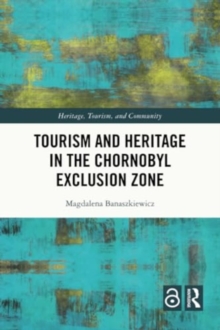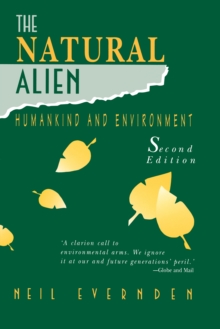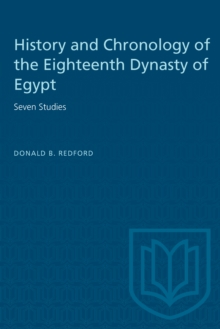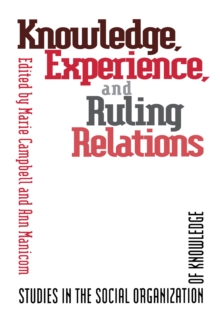
The Tumble of Reason : Alice Munro's Discourse of Absence PDF
by Ajay Heble
Part of the Heritage series
Description
Much of the critical writing on the fiction of Alice Munro has explored and emphasized Munro's 'realism'.
But her stories frequently turn on what has been left out; they are rife with unsent (unfinished) letters, with things people mean to, but do not, say or tell.
Ajay Heble's study focuses on Munro's involvement with a 'discourse of absence' and suggests that our understanding of these texts often depends not only on what happens in the fiction, but also on what might have happened. Munro's stories confer their meaning not simply by referring to an outer reality, but also by bestowing upon the reader a stimulating wealth of possibilities taken from what we might call a potential or absent level of meaning.
Characteristically, they articulate an unresolvable tension between variants on these positions: between, on the one hand, her delineation of a surface reality – a world 'out there' which we are invited to recognize as real and true – and, on the other, her involvement with a discourse of absence that challenges the very conventions within which her fiction operates. Drawing on structuralist and post-structuralist theories of language and its relation to meaning, knowledge, and systems of power, and on theories of postmodernist fiction, Heble offers both a careful reading of Munro's stories and a theoretical framework for reading meanings in absence.
His book extends recent revisionist analysis and makes a valuable and original contribution to the criticism on Munro.
Information
-
Download - Immediately Available
- Format:PDF
- Pages:210 pages
- Publisher:University of Toronto Press
- Publication Date:04/11/1994
- Category:
- ISBN:9781442682474
Other Formats
- Paperback / softback from £24.45
Information
-
Download - Immediately Available
- Format:PDF
- Pages:210 pages
- Publisher:University of Toronto Press
- Publication Date:04/11/1994
- Category:
- ISBN:9781442682474










